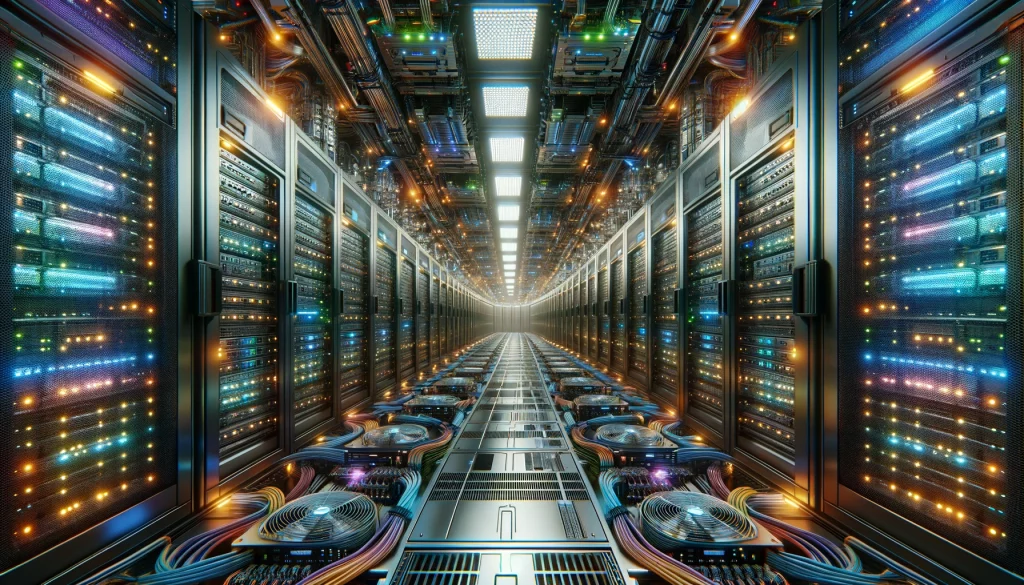According to a report by The Information, Microsoft and OpenAI are reportedly planning a joint data center project that could reach $100 billion in cost. The project is said to culminate in the launch of a massive artificial intelligence supercomputer named “Stargate” by 2028.

Supercomputer “Stargate” Planned for 2028 as Part of AI Data Center Initiative
This ambitious plan comes amid a growing need for AI data centers that can handle increasingly complex tasks. The rise of generative AI technology is a major driver behind this demand.
Microsoft is expected to shoulder the majority of the financial burden for the project, according to sources familiar with the discussions. The project’s budget is estimated to be 100 times more expensive than current data center operations.
The supercomputer, to be located in the United States, would be the centerpiece of a multi-phase initiative spanning six years. The project is reportedly divided into five phases, with Stargate representing the final stage. Currently, Microsoft is developing a smaller supercomputer for OpenAI, slated for release in 2026.
Acquiring the necessary AI chips is expected to be a significant expense for the project’s later phases. These specialized chips can cost between $30,000 and $40,000 each, as indicated by Nvidia CEO Jensen Huang.
Microsoft has already shown its commitment to advancing AI capabilities by designing its own custom computing chips. The new data center project is designed to work with chips from various suppliers, according to the report.
The Information reports that the project’s projected expenditures could surpass $115 billion, exceeding Microsoft’s prior year’s capital spending on infrastructure by a considerable margin.
Last month, OpenAI CEO Sam Altman also revealed insights about the upcoming model GPT-5 during the World Government Summit in Dubai, stating that it will surpass its predecessors in all aspects. The upcoming model is anticipated to be a significant leap forward in AI capabilities, potentially approaching human-level intelligence, with early testing showcasing its ability to decipher ancient languages. GPT-5 is expected to incorporate features such as image generation via DALL-E and video generation via Sora, with a tentative release sometime in 2024.
RELATED:
- Xbox Series X might be getting a fresh all-white makeover
- Repairing Microsoft’s new Surface laptops is easier than ever: with clear visual icons and instructions
- How to turn off any Samsung phone without using screen (5 methods)
- Xiaomi 13 Ultra Premium Camera Phone is now only $799
- Get $100 OFF on Xiaomi 14 Pro at Giztop (1TB Variant)
(Source)







